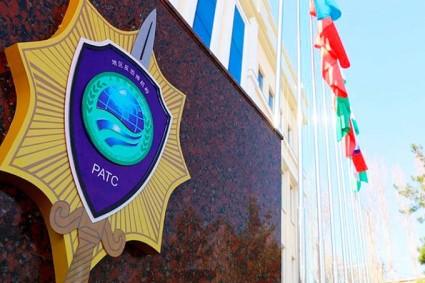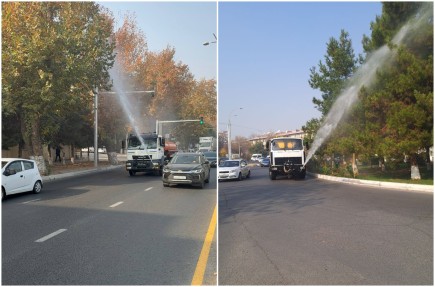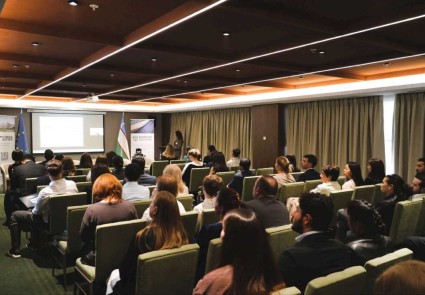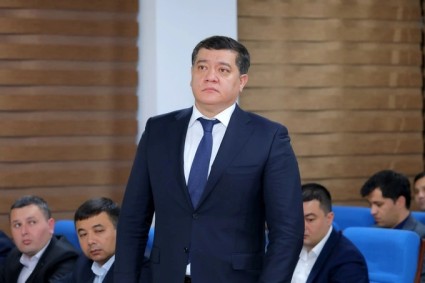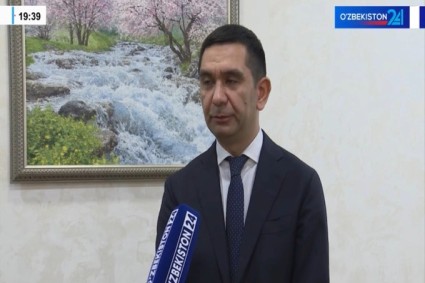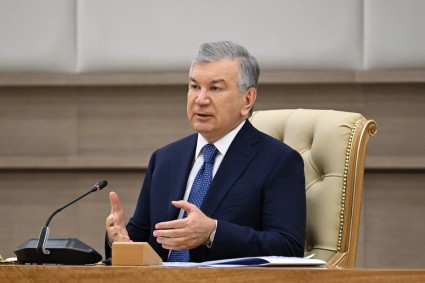The 11th International Conference of the Regional Anti-Terrorism Structure of the Shanghai Cooperation Organization (RATS SCO) opened in Tashkent on Thursday.
Representatives of counter-terrorism agencies from the UN, OSCE, Interpol, the CIS Anti-Terrorism Center, and the CSTO are are also present in the event.
RATS SCO Executive Committee Director Ularbek Sharsheev told journalists that the discussions are focused on causes, not consequences.
"We will be discussing measures to prevent terrorist attacks from occurring, rather than countering existing terrorist attacks, and to prevent our citizens, especially young people, from being drawn into terrorist organizations," he noted.
At the plenary session, he noted that the path to radicalism is often chosen by people who have never experienced material scarcity or social marginalization. To illustrate this, he cited the biographies of two terrorist leaders—Juma Namangani and Osama bin Laden.
Sharsheev stated that international terrorist groups have become more active in Afghanistan and Syria and are seeking to establish "sleeper cells" in Central Asian countries.
"The leaders of international terrorist organizations have not abandoned their plans to send militants into Central Asian countries using forged documents through third countries to carry out terrorist attacks, create "sleeper cells," raise funds, and conduct recruitment campaigns to swell their ranks with new recruits," he noted.
The chief of RATS was joined by Yevgeny Sysoyev, head of the CIS Anti-Terrorism Center, who reported that international terrorist organizations in the Middle East had increased the deployment of militants to Afghanistan to increase their influence in the region.
According to him, "aggressive recruitment campaigns" are underway among Central Asian diasporas overseas. "To this end, they have launched active online propaganda in Tajik, Kyrgyz, Uzbek, and, something previously unseen, Kazakh," noted the head of the ATC.
Belarus' representative to the RATS, Yevgeny Krastin, stated that foreign fighters and terrorist accomplices are attempting to use his country as a transit point to the EU and Russia.
"In the first half of 2025, in cooperation with the intelligence services of partner countries, screening activities were carried out on over 2,000 foreigners. Thirteen individuals identified as radical Islamists were denied entry into the Republic of Belarus at the entry-exit channel," Krastin noted.
Representatives of the intelligence services and experts also discussed countering terrorism in cyberspace. Cooperation between intelligence agencies in this area is developing across the SCO, from blocking prohibited content to exchanging data on users suspected of involvement in extremist activity. However, the speed of technology adoption is almost always comparable to the speed at which methods to circumvent them emerge, RATS noted.
"Terrorist organizations are adapting to new conditions, actively using cyberspace, financial, and migration channels, luring young people into extremist activity via the internet and social media," said Altynbek Kazkanov, Kyrgyzstan's representative to the SCO RATS.
Experts noted that thanks to the reduced cost of artificial intelligence-based platforms, terrorist networks have the tools to create not only overt propaganda but also covert, manipulative content. According to their data, the share of cryptocurrencies in funding extremist groups also continues to grow.
Forum participants called the establishment of a Universal Center for Countering Security Challenges and Threats to SCO Member States in Tashkent a practical response to growing threats. The initiative to establish it, supported by Uzbek President Shavkat Mirziyoyev, was formalized at the September SCO summit in Tianjin.
The SCO Information Security Center, a project proposed by Kazakhstan, will be established within the universal center. Furthermore, a structure to combat transnational organized crime is planned for Bishkek as a regional branch of the new center.
Xu Chuangong, Deputy Director of the Counter-Terrorism Department of the Ministry of Public Security of the People's Republic of China, called on the parties to continue deepening cooperation in law enforcement and security. This includes accelerating the amendments to legal documents to launch the updated RATS structure.
"We are ready to cooperate with the competent authorities of all parties and regional development institutions to implement the important consensus reached by the heads of member states, particularly regarding the requirements for the establishment of a Universal Center for Countering Security Challenges and Threats to the SCO Member States and its subdivisions," Xu Chuangong noted.
For SCO countries, the emergence of a universal center is an opportunity to strengthen their own security mechanisms against the backdrop of global instability and a significant increase in digital cross-border risks.

